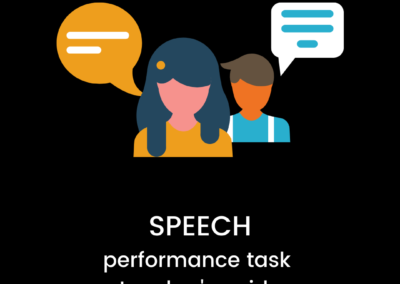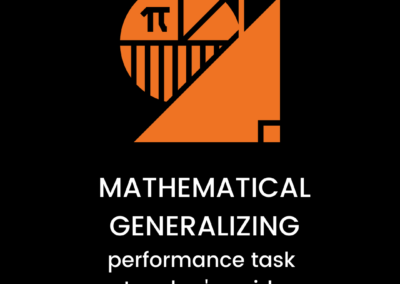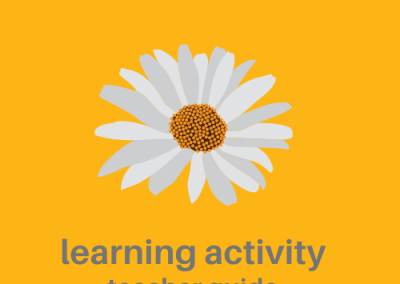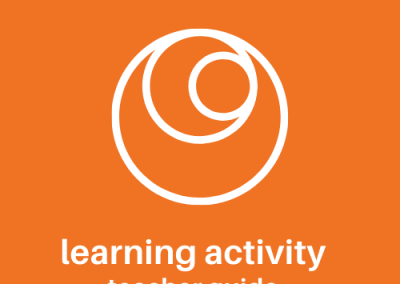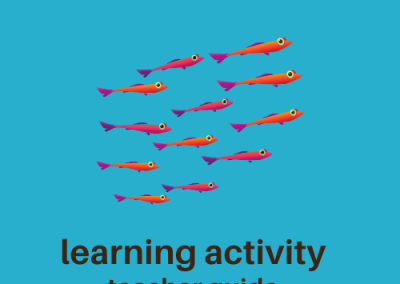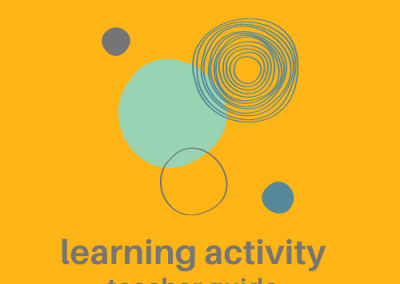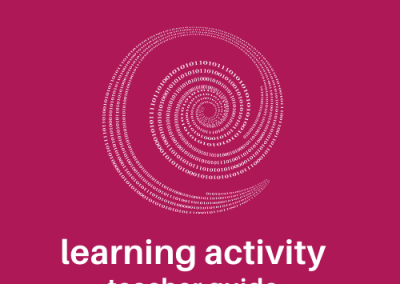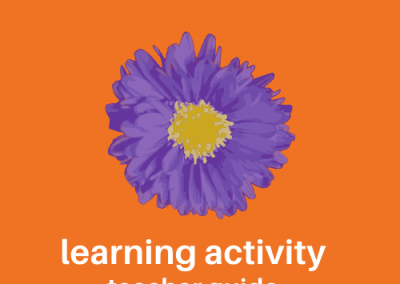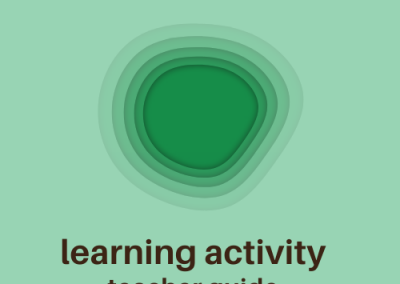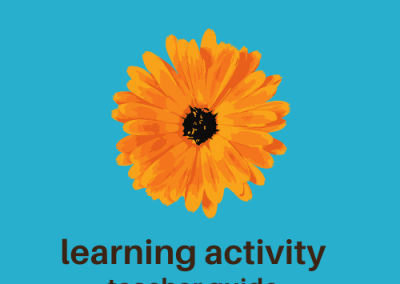Anticipation Guide
Preparation
- Select a text. Anticipation guides can be effectively used with fiction and non-fiction texts of varying lengths, from short stories to full novels.
- Prepare a handout with approximately five statements listed, a place for students to select their degree of agreement, and space for students to explain their thinking.
Activity Steps
1
Introduce the anticipation guide.
Introduce the anticipation guide by explaining to students that it is a way to gauge their thoughts or opinions on themes that will be explored in the reading.
2
Select statements for the anticipation guide.
Write about five statements that pertain to the themes of the text you selected. The best statements are ones that both relate to the themes of the text and relate to the lives of students. For example, if a theme in your text is revenge then a good anticipation guide statement could be, “An eye for an eye leaves everyone blind.”
3
Students respond.
Students will read each statement and rate their level of agreement with the statement (strongly disagree, disagree, agree, strongly agree). Avoid including a neutral choice, in order to push students to make a decision. For each statement, ask students to explain their selection in a few sentences. You may want to model an exemplar explanation that uses detail, description, examples, and persuasion.
4
Students rank statements.
After students have responded to each statement, have them rank their statements by order of strongest agreement and explain their ranking. This portion of the activity asks students to compare and contrast the statements.
5
Collect guides.
Collect the anticipation guides and keep them until after students have read the text.
6
Read the text.
You will need to decide whether the students will read the text independently, in small groups, or as a whole class. That decision will not impact the effectiveness of the anticipation guide.
7
Reflect on the statements.
After students have read the text, distribute blank anticipation guides. Have students complete the guide again. Distribute the anticipation guides that students had completed prior to reading the text. Have students compare their answers pre- and post-reading of the text. Were their answers the same or different? Why? What specifically in the text caused the change?
8
Conduct small group discussion.
Students discuss their anticipation guides in small groups. These discussions can consist of reviewing students’ agreement with the statements, as well as any reinforcement or changes that may have occurred after reading the text.

